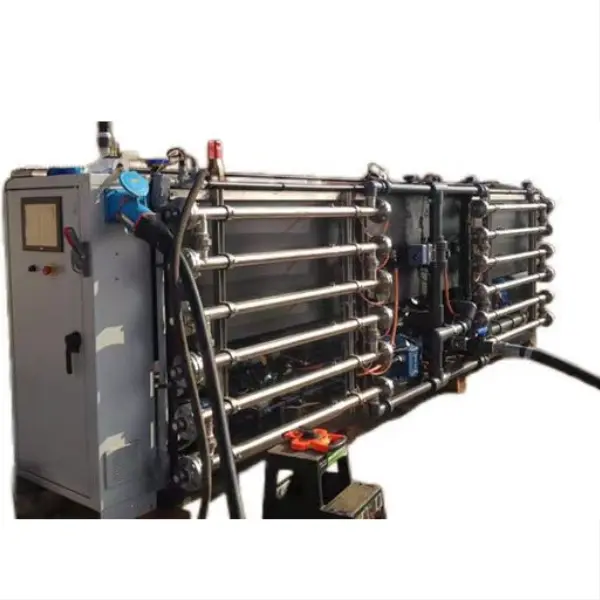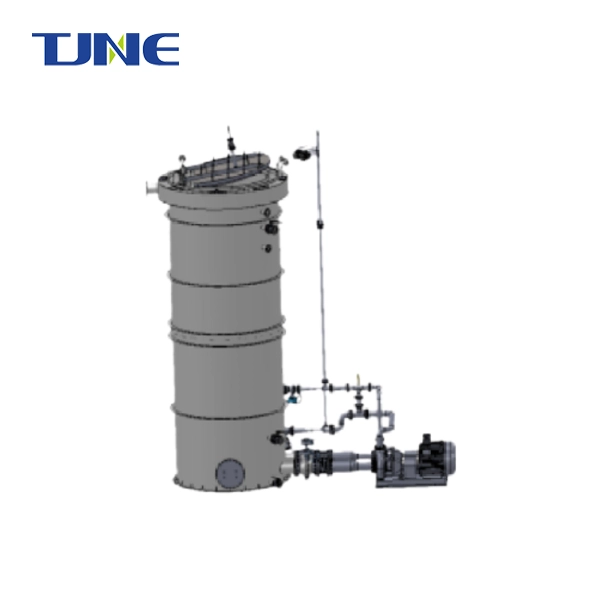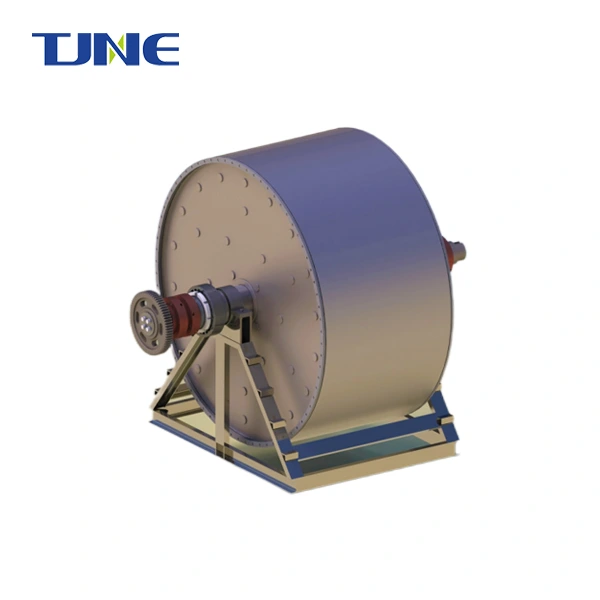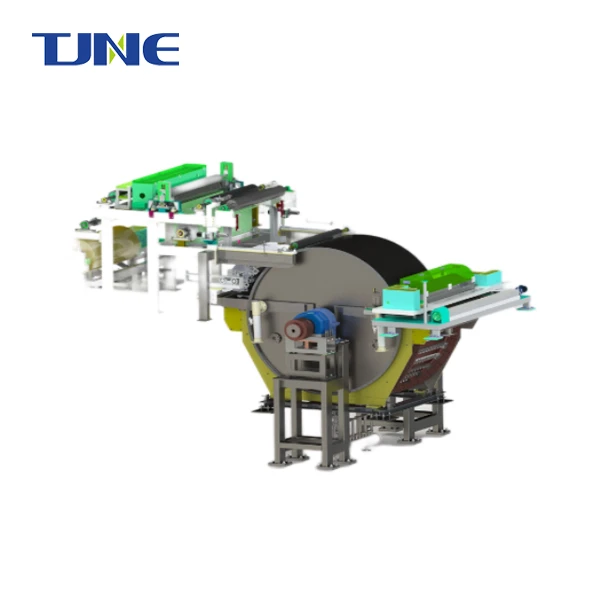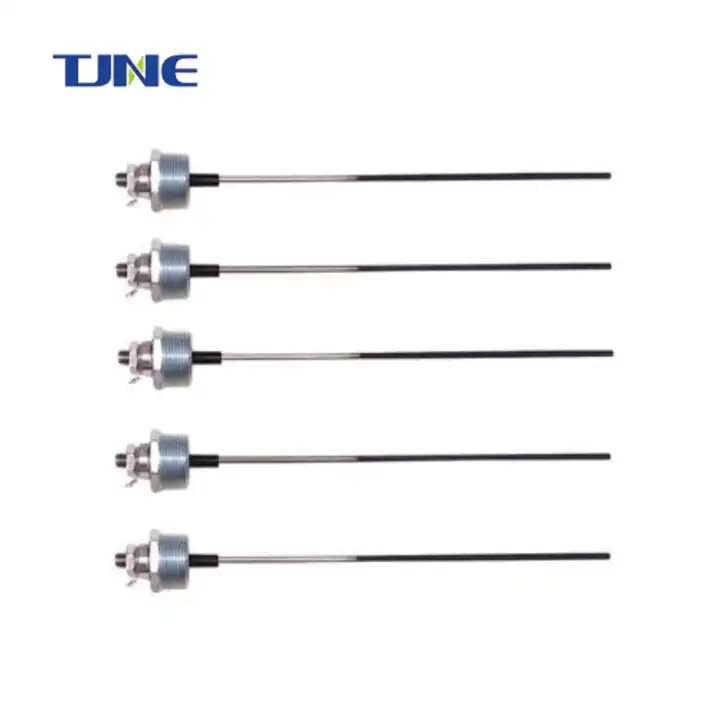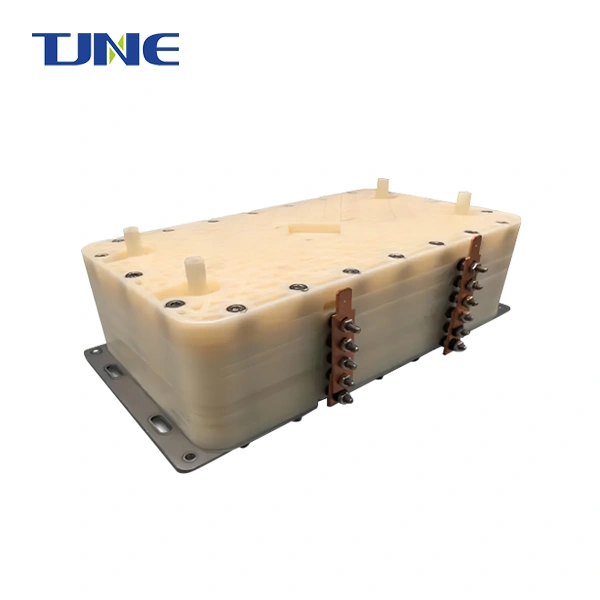- English
- French
- German
- Portuguese
- Spanish
- Russian
- Japanese
- Korean
- Arabic
- Greek
- German
- Turkish
- Italian
- Danish
- Romanian
- Indonesian
- Czech
- Afrikaans
- Swedish
- Polish
- Basque
- Catalan
- Esperanto
- Hindi
- Lao
- Albanian
- Amharic
- Armenian
- Azerbaijani
- Belarusian
- Bengali
- Bosnian
- Bulgarian
- Cebuano
- Chichewa
- Corsican
- Croatian
- Dutch
- Estonian
- Filipino
- Finnish
- Frisian
- Galician
- Georgian
- Gujarati
- Haitian
- Hausa
- Hawaiian
- Hebrew
- Hmong
- Hungarian
- Icelandic
- Igbo
- Javanese
- Kannada
- Kazakh
- Khmer
- Kurdish
- Kyrgyz
- Latin
- Latvian
- Lithuanian
- Luxembou..
- Macedonian
- Malagasy
- Malay
- Malayalam
- Maltese
- Maori
- Marathi
- Mongolian
- Burmese
- Nepali
- Norwegian
- Pashto
- Persian
- Punjabi
- Serbian
- Sesotho
- Sinhala
- Slovak
- Slovenian
- Somali
- Samoan
- Scots Gaelic
- Shona
- Sindhi
- Sundanese
- Swahili
- Tajik
- Tamil
- Telugu
- Thai
- Ukrainian
- Urdu
- Uzbek
- Vietnamese
- Welsh
- Xhosa
- Yiddish
- Yoruba
- Zulu
Saltwater chlorinators have become increasingly popular for pool maintenance due to their efficiency and ease of use. A common question that arises among pool owners and industry professionals is whether titanium electrodes can be used with these systems. This blog post will explore the compatibility, benefits, and considerations of using titanium electrodes in saltwater chlorinators, with insights from Xi'an Taijin New Energy & Materials Sci-Tech Co., Ltd., a leading titanium electrode manufacturer.
What are the advantages of using titanium electrodes in saltwater chlorinators?
Titanium electrodes offer several significant advantages when used in saltwater chlorinators. Their exceptional corrosion resistance is perhaps the most notable benefit. Saltwater environments are highly corrosive, and titanium's natural resistance to this corrosion makes it an ideal material for electrodes in these systems. This resistance translates to a longer lifespan for the electrodes, reducing the frequency of replacements and overall maintenance costs for pool owners.
Another advantage is titanium's high electrical conductivity. This property allows for efficient electrolysis, the process by which saltwater chlorinators generate chlorine to sanitize pool water. The superior conductivity of titanium electrodes ensures that the chlorination process is both effective and energy-efficient, potentially leading to lower operating costs over time.

Titanium electrodes also boast excellent thermal stability. This characteristic is crucial in saltwater chlorinators, where electrodes are subjected to varying temperatures and electrical currents. The stability of titanium helps maintain consistent performance across different operating conditions, ensuring reliable chlorine production throughout the pool season.
Furthermore, titanium is known for its strength-to-weight ratio. This property allows for the design of durable yet lightweight chlorinator cells, making installation and maintenance easier for pool professionals and homeowners alike. The durability of titanium electrodes also contributes to their long-term reliability, reducing the likelihood of unexpected failures or performance issues.
Lastly, titanium is an environmentally friendly option. Its long lifespan and recyclability align with growing environmental concerns and sustainability efforts in the pool industry. By choosing titanium electrodes, pool owners can contribute to reducing waste and promoting more sustainable pool maintenance practices.
How does the cost of titanium electrodes compare to other materials used in saltwater chlorinators?
When considering the cost of titanium electrodes for saltwater chlorinators, it's essential to look beyond the initial purchase price and consider the total cost of ownership. While titanium electrodes may have a higher upfront cost compared to some alternative materials, their long-term value often justifies the investment.
The primary cost advantage of titanium electrodes lies in their longevity. Due to their superior corrosion resistance, titanium electrodes typically last significantly longer than electrodes made from other materials, such as copper or stainless steel. This extended lifespan means that although the initial cost may be higher, the frequency of replacements is reduced, potentially leading to lower overall costs over the life of the chlorinator.
Energy efficiency is another factor that impacts the cost comparison. Titanium's excellent electrical conductivity allows for efficient chlorine production, which can translate to lower energy consumption. Over time, this improved efficiency can result in noticeable savings on electricity bills, further offsetting the initial investment.
Maintenance costs should also be considered when comparing electrode materials. Titanium's durability and resistance to scaling and fouling often result in reduced maintenance requirements. This can lead to savings in terms of both time and money spent on cleaning and maintaining the chlorinator system.
It's worth noting that the quality of titanium electrodes can vary among manufacturers. Premium-grade titanium electrodes, such as those produced by Xi'an Taijin New Energy & Materials Sci-Tech Co., Ltd., may come with a higher price tag but often offer superior performance and longevity. When evaluating costs, it's crucial to consider the reputation and track record of the manufacturer.
The size and capacity of the saltwater chlorinator also play a role in cost comparisons. Larger systems or those designed for commercial use may see more significant cost benefits from titanium electrodes due to the scale of operation and the increased importance of reliability and efficiency.

Lastly, potential warranty coverage should be factored into the cost equation. Many high-quality titanium electrodes come with extended warranties, providing additional value and peace of mind for the investment.
Are there any specific maintenance requirements for titanium electrodes in saltwater chlorinators?
While titanium electrodes are known for their durability and low maintenance requirements, proper care is still essential to ensure optimal performance and longevity in saltwater chlorinators. Understanding and following specific maintenance practices can significantly extend the life of titanium electrodes and maintain the efficiency of the chlorination system.
One of the primary maintenance tasks for titanium electrodes is regular inspection. Although titanium is highly resistant to corrosion, it's still important to check for any signs of wear, damage, or calcium buildup periodically. This inspection should be part of routine pool maintenance, typically performed monthly or as recommended by the manufacturer.
Cleaning is another crucial aspect of maintaining titanium electrodes. While they are less prone to scaling compared to other materials, calcium and other mineral deposits can still accumulate over time, especially in areas with hard water. To clean titanium electrodes, a mild acid solution, such as diluted muriatic acid or a commercial cell cleaning solution, is usually recommended. It's important to follow the manufacturer's guidelines for cleaning procedures and frequency to avoid damaging the electrodes.
Proper water chemistry management is essential not only for pool health but also for the longevity of titanium electrodes. Maintaining balanced pH levels, alkalinity, and calcium hardness can help prevent excessive scaling and extend the life of the electrodes. Regular water testing and adjustment should be part of the overall pool maintenance routine.
Saltwater levels also play a crucial role in the performance and maintenance of titanium electrodes. Ensuring that salt levels are within the recommended range for your specific chlorinator model is vital. Too little salt can lead to inefficient chlorine production and potential damage to the electrodes, while excessive salt levels can cause accelerated wear.
During the off-season or periods of extended non-use, proper storage of the chlorinator cell containing the titanium electrodes is important. Most manufacturers recommend removing the cell, cleaning it thoroughly, and storing it in a dry place. This practice helps prevent unnecessary wear and potential damage from freezing temperatures or prolonged exposure to stagnant water.
It's also worth noting that the polarity reversal feature found in many modern saltwater chlorinators can significantly reduce maintenance requirements for titanium electrodes. This feature periodically reverses the electrical current, helping to prevent and remove scale buildup automatically. However, it doesn't eliminate the need for occasional manual cleaning and inspection.
Lastly, it's crucial to use only approved cleaning products and methods on titanium electrodes. Harsh chemicals or abrasive cleaning tools can damage the electrode surface, reducing its efficiency and lifespan. Always consult the manufacturer's guidelines or seek advice from a pool professional if you're unsure about proper maintenance procedures.
In conclusion, titanium electrodes have proven to be an excellent choice for use in saltwater chlorinators. Their superior corrosion resistance, electrical conductivity, and durability make them a reliable and efficient option for pool owners and operators. While the initial cost may be higher compared to some alternatives, the long-term benefits in terms of longevity, performance, and reduced maintenance often justify the investment.
Xi'an Taijin New Energy & Materials Sci-Tech Co., Ltd.., as a reputable titanium electrode manufacturer, plays a crucial role in providing high-quality electrodes that meet the demanding requirements of saltwater chlorination systems. Their expertise in titanium technology contributes to the advancement of pool maintenance solutions, offering pool owners more efficient and sustainable options for water treatment.
As the pool industry continues to evolve, the use of titanium electrodes in saltwater chlorinators represents a step towards more durable, efficient, and environmentally friendly pool maintenance practices. By understanding the advantages, costs, and maintenance requirements associated with titanium electrodes, pool owners and professionals can make informed decisions that lead to better pool management and enhanced swimming experiences.
If you are interested in the products of Xi'an Taijin New Energy & Materials Sci-Tech Co., Ltd., please contact yangbo@tjanode.com.
References:
1. Smith, J. (2023). "Advances in Saltwater Chlorination Technology." Journal of Pool and Spa Engineering, 15(2), 45-60.
2. Johnson, A. et al. (2022). "Comparative Study of Electrode Materials in Saltwater Chlorinators." International Conference on Water Treatment Technologies, Conference Proceedings, 112-125.
3. Brown, L. (2024). "Cost-Benefit Analysis of Titanium Electrodes in Pool Maintenance." Economics of Pool Management, 8(3), 78-92.
4. Xi'an Taijin New Energy Technology Co., Ltd. (2024). "Technical Specifications of Titanium Electrodes for Saltwater Chlorinators." Company Technical Report.
5. Wilson, M. (2023). "Environmental Impact Assessment of Pool Sanitization Methods." Environmental Science and Sustainable Technology, 11(4), 201-215.
6. Thompson, R. (2022). "Longevity and Performance of Titanium Electrodes in Harsh Environments." Materials Science and Engineering, 30(1), 55-70.
7. Garcia, S. et al. (2024). "Maintenance Practices for Saltwater Chlorination Systems: A Comprehensive Guide." Pool and Spa Maintenance Quarterly, 19(2), 33-48.
8. Lee, K. (2023). "Energy Efficiency in Pool Sanitization: A Comparative Study." Journal of Energy Conservation in Recreational Facilities, 7(3), 88-102.
9. White, P. (2022). "Advancements in Titanium Electrode Manufacturing for Water Treatment Applications." Industrial Materials and Processes, 25(4), 167-180.
10. Anderson, C. (2024). "Consumer Satisfaction Survey: Saltwater vs. Traditional Chlorine Pools." Journal of Consumer Pool Preferences, 13(1), 22-36.
Related Industry Knowledge
- How Long Do Titanium Anodes Last in a Swimming Pool System?
- What are the Benefits of Using Titanium Anodes for Pool Disinfection?
- What are the Guidelines and Regulations for Swimming Pool Disinfection?
- Can Titanium Anodes Be Used with Saltwater Pools?
- What are the Comfort Benefits of Titanium Electrodes in Pools?
- What are the Environmental Impacts of Using Titanium Electrodes in Pools?
- How Long Do Titanium Electrodes Last in Swimming Pool Applications?
- How Do Titanium Electrodes Enhance Salt Chlorination in Pool Disinfection Systems?






